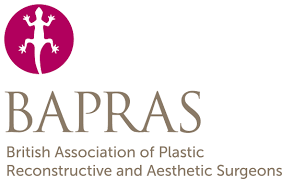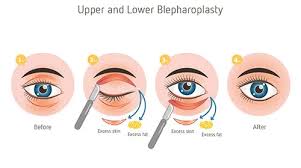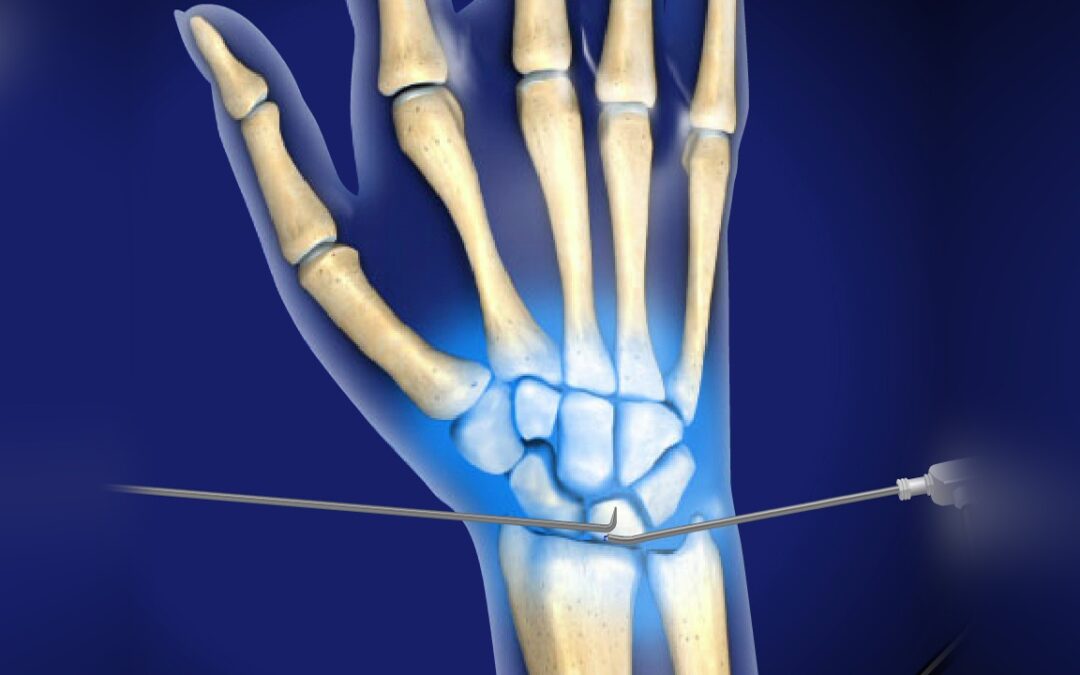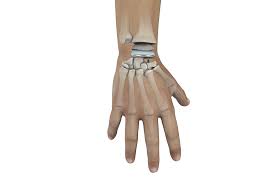Trigger Finger Surgery
Trigger finger is a condition that occurs when the tendon that moves your finger gets caught in a tight tunnel. This can cause the finger to lock in a bent position or to suddenly snap into a straight position. Trigger finger can be painful and can make it difficult to use your finger.
Who is a good candidate for trigger finger surgery?
Trigger finger surgery is a good option for people who have tried non-surgical treatments for trigger finger without success. Non-surgical treatments for trigger finger include:
- Splinting: The surgeon may recommend wearing a splint or brace to keep your finger straight.
- Injections of cortisone: The surgeon may inject cortisone into the area around the tendon to reduce inflammation.
If you have tried these treatments and your trigger finger is still causing problems, you may be a good candidate for trigger finger surgery.
What are the risks of trigger finger surgery?
The risks of trigger finger surgery are:
- Infection
- Nerve damage
- Scarring
- Recurrence of the trigger finger
What happens during trigger finger surgery?
Trigger finger surgery is usually performed under local anaesthesia. A small incision is made in your palm over the tendon and the pulley underneath which the tendon runs and gets caught in is released. The incision is then stitched closed.
How long does trigger finger surgery take?
Trigger finger surgery typically takes 30-60 minutes and you can go home on the same day after surgery. You will have a dressing put on over your palm.
What is the recovery time for trigger finger surgery?
The recovery time for trigger finger surgery is typically 1-2 weeks. You will need to wear a bandage or dressing over the incision for 1 week. You will also need to avoid strenuous activity for 1-2 weeks.
What are the results of trigger finger surgery?
Trigger finger surgery is usually very successful in relieving symptoms. However, there is a risk of recurrence of the trigger finger.
Here are some additional tips for patients considering trigger finger surgery:
- Be realistic about your expectations. There may be recurrence of the trigger finger later down the line.
- Choose a board-certified hand surgeon with experience in trigger finger surgery.
- Ask your surgeon about their aftercare plan.
- Be prepared for a lengthy recovery period.
- Be patient with your results. It can take up to a year for your hand to fully heal.
Here are some frequently asked questions about trigger finger surgery:
- Can I have more than 1 finger released at the same time? Yes, you can have more than 1 finger released at the same time and this can all be done under local anaesthetic.













